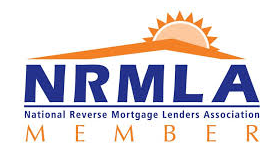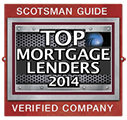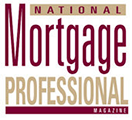Reverse Mortgage Self-Evaluation: A Checklist of Key Considerations
A reverse mortgage is a loan that enables homeowners that are generally 62 years of age or older to use part of their homes’ equity to obtain cash proceeds that can be used in many ways. The loan does not have to be repaid until the last surviving borrower or remaining eligible non-borrowing spouse passes away or permanently leaves the home, or if the homeowners sell the home, or fail to meet the loan obligations, that include paying property taxes and insurance, and keeping their home maintained.
Nearly all reverse mortgage loans on the market today are federally insured Home Equity Conversion Mortgages (HECMs), though other types of reverse mortgage loans are offered by some states and private lenders. This Reverse Mortgage Self Evaluation is based on the features and requirements of HECM reverse mortgages, but may be helpful to consumers considering other types of reverse mortgage loans.










